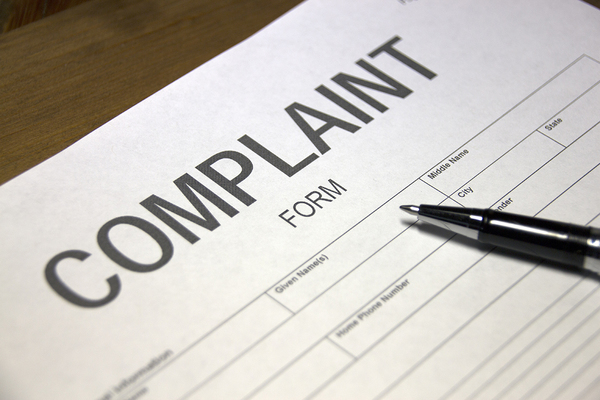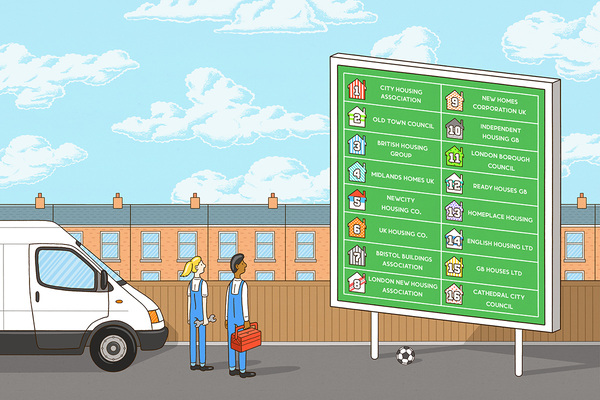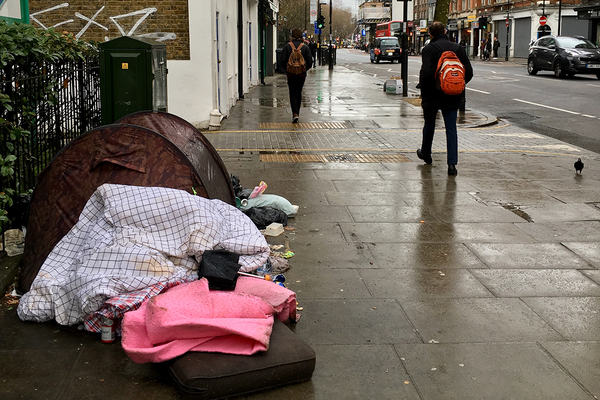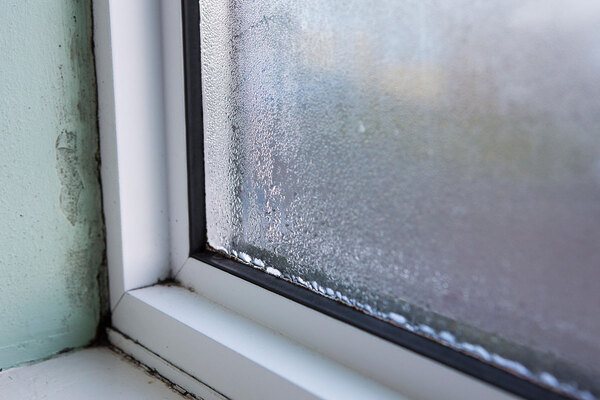You are viewing 1 of your 1 free articles
Housing Ombudsman publishes rules for identifying ‘systemic issues’
The Housing Ombudsman has published the set of rules it will use to determine whether there are systemic issues at a landlord or in the wider social housing sector.

A new systemic framework released today sets out the guidance the complaints arbitration service will follow when assessing if disputes point towards more fundamental problems.
Factors such as the severity and scale of an individual failing, a disproportionately high volume or lack of complaints received about a landlord and the length of time over which issues have persisted will be used to decide whether systemic problems are at play.
In particular, the ombudsman will be looking to identify complaints-handling failures or service failures where extra work is needed to prevent mistakes being repeated, or where reoccurring issues across several providers require sharing of best practice.
Systemic issues being found may lead to further investigation and specific orders for individual landlords, a referral to the regulator or the ombudsman publishing a thematic report on its findings.
Details of investigations into potential systemic issues will be published on the ombudsman’s website.
The framework is intended to help the ombudsman respond more proactively to issues arising in the sector, with an emphasis on shared learning.
Complaints received by the ombudsman will form the basis for identifying potential systemic issues, together with its other research.
Housing ombudsman Richard Blakeway said: “For the first time we can look beyond individual disputes into the wider and deeper issues responsible for generating complaints and seek to address those in a range of ways.
“Our approach will be proportionate with the focus being on engagement with landlords, identifying learning and making recommendations for them to take action.
“Fundamentally, I want our use of these new powers to promote a culture of learning and openness, allowing better insight into the root cause of problems and sharing learning to drive better service delivery for all residents.”
The power to investigate systemic issues forms part of a new, tougher Housing Ombudsman scheme that began last year and has also seen the service publish landlord performance reports and details of all its investigations, as well as a new power to serve complaint-handling failure orders.
Sign up for our daily newsletter
Already have an account? Click here to manage your newsletters











